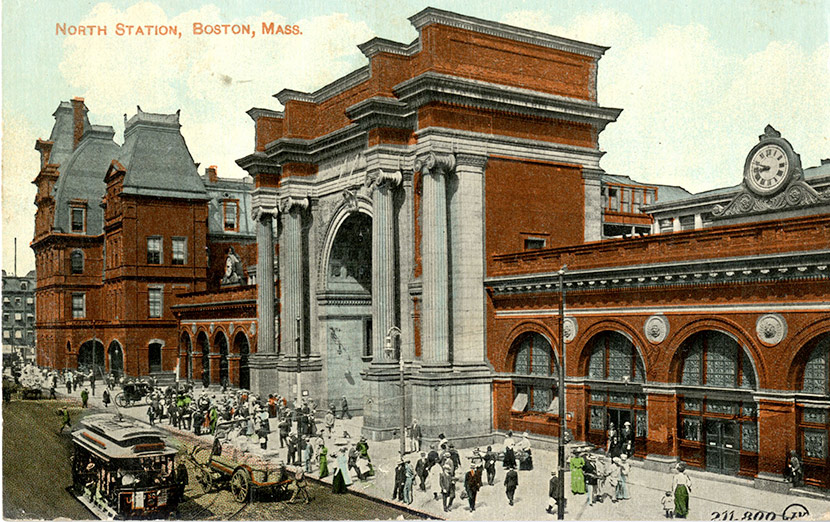
Among the vast reality of Day 10 come these two moments on the same day from nearly the same place in Massachusetts.
In Cambridge, Massachusetts a telegraph operator tapped out a message. Seconds later, the transmission sped like a flash to South Dakota where another telegraph operator recorded the signals and wrote a note. Within an hour or so, Mrs. Arthur Neilson of Hot Springs, South Dakota reads the words that today change her life forever: her brother, serving in the US military, is dead after only 72 hours of sickness from “the new disease Spanish flu.”
Just miles away in Boston, Massachusetts, the director of the Health and Sanitation Section of the Emergency Fleet Corporation, Lt. Col. Philip Doane, today speaks loudly and with authority, as a person who knows more than other people. “It would be quite easy for one of these German agents,” Doane declares, “to turn loose influenza germs in a theater or some other place where large numbers of persons are assembled.”
Between and beyond the Great Plains and the Eastern Seabord are countless locations newly darkened by the deadly shadow of influenza—to name a few—4000 under quarantine at a Great Lakes Aviation Center; 500 sick in military camp in Richmond, Virgina; 19 medical personnel newly sick at a Philadelphia hospital; first cases in Dover, New Hampshire, Bremerton port in Washington; and scores more of villages and towns and cities.
A thought for you on Day 10, March 22, 2020, ten days after President Trump declares Covid-19 a national emergency—a couple of days/entries ago, you and I saw that the event will collide with the major issue or trend already on the ground. In 1918 influenza collides with the World War; we know that. But now we’re seeing something a little different and new—the collision isn’t simply a general thing, at any given moment it has a specific point, a precise detail, and (possibly yes, possibly no) the appearance of a factually based judgment from “someone in the know.” As such it has a power and potential all its own. And as such, you and I bear an additional burden of needing to be careful, needing to be discerning, in whether or not we accept it as true. Discernment—it’s never easy in the best of times and it’s endlessly more complicated and most vital in the worst of times.
(note to reader—I invite you to subscribe to this series/blog. The purpose of my posting in this series is the purpose of my enterprise at Historical Solutions—to explore the past in a new way that brings new and different value to you, both in the present (this minute) and on the edge of the future (what’s ahead or forward of this minute). The past is everything before now, the totality of all time before the present; history is a set of very small slices of the past that, for a particular reason, have been remembered. If you wish to contact me privately, please do not hesitate to text or call 317-407-3687)







